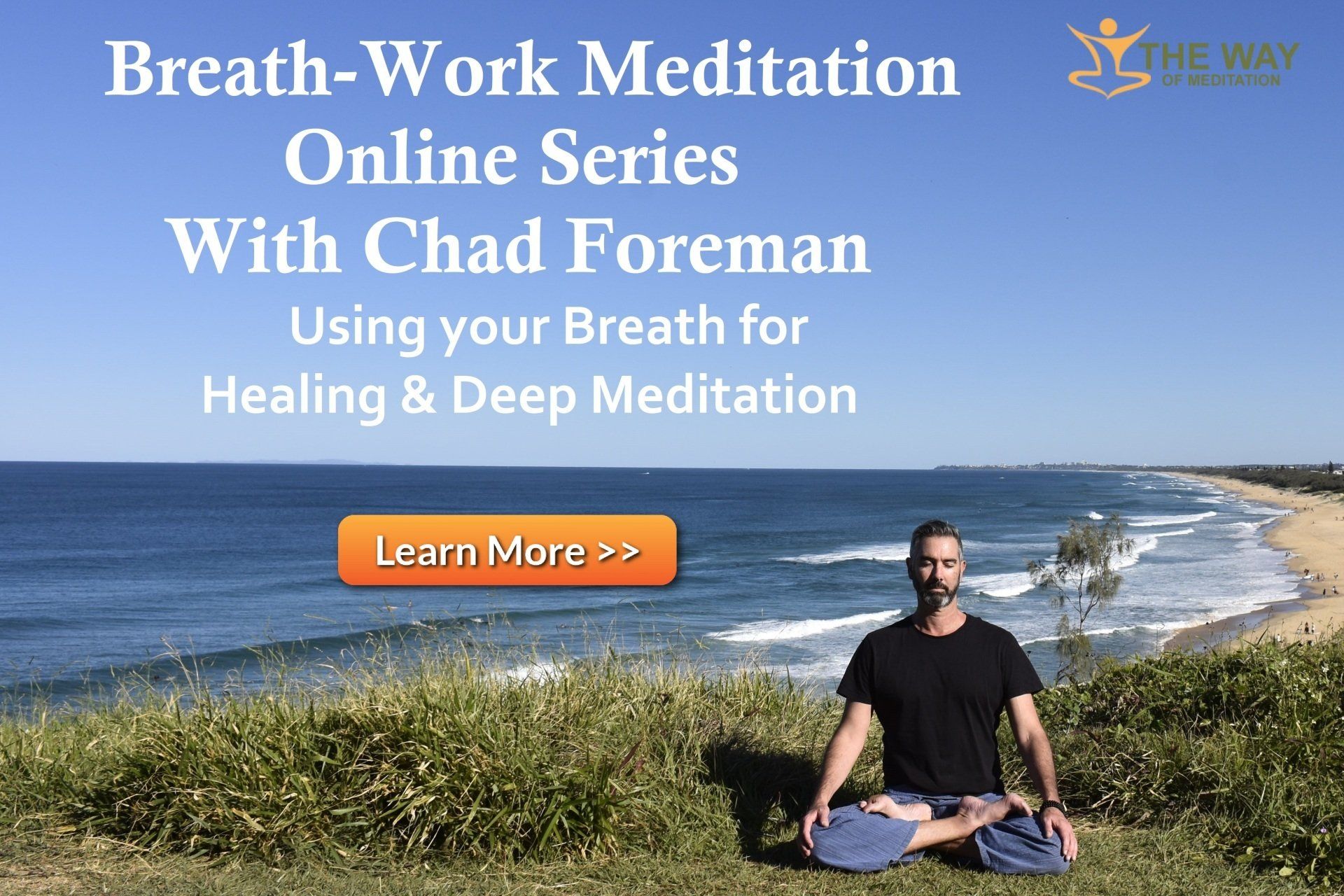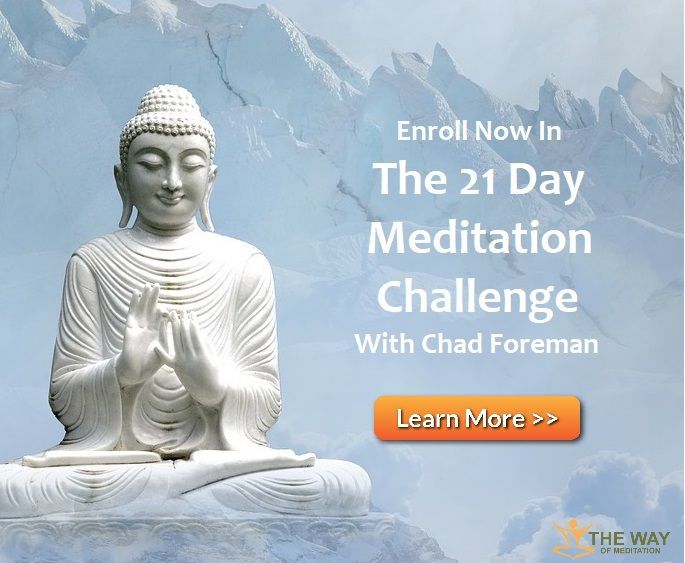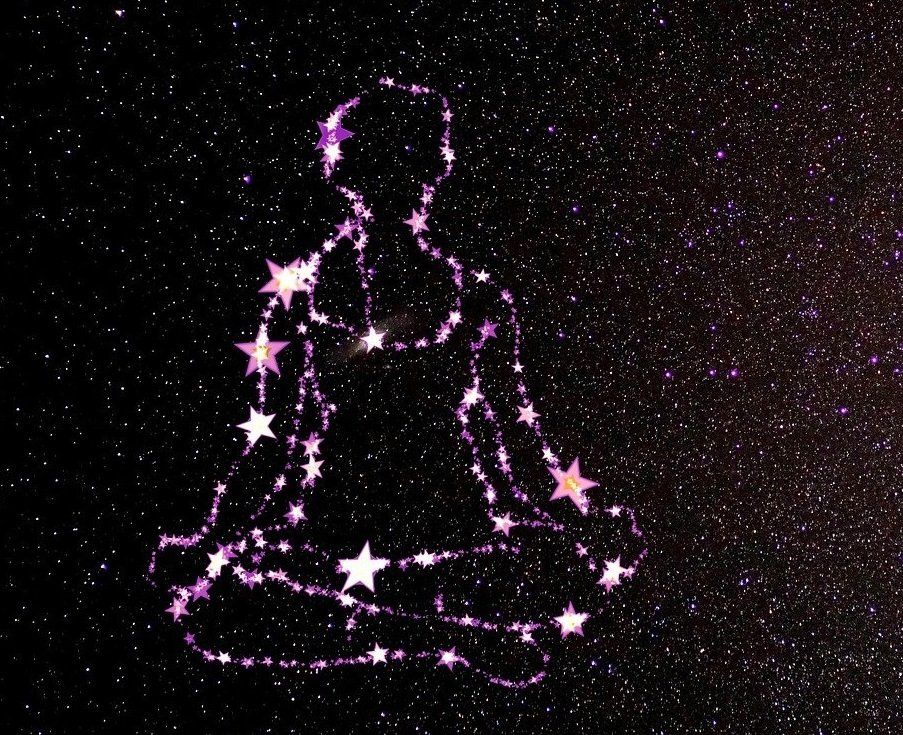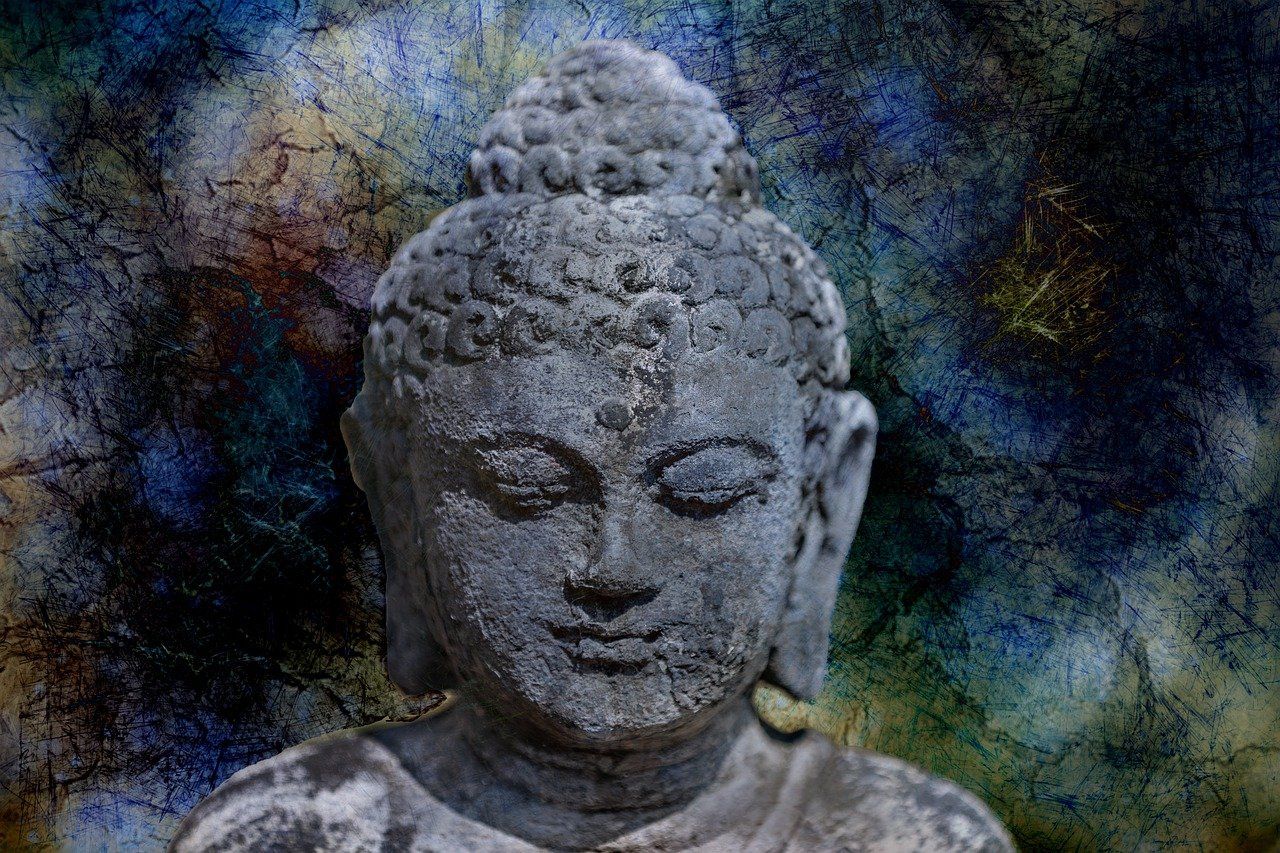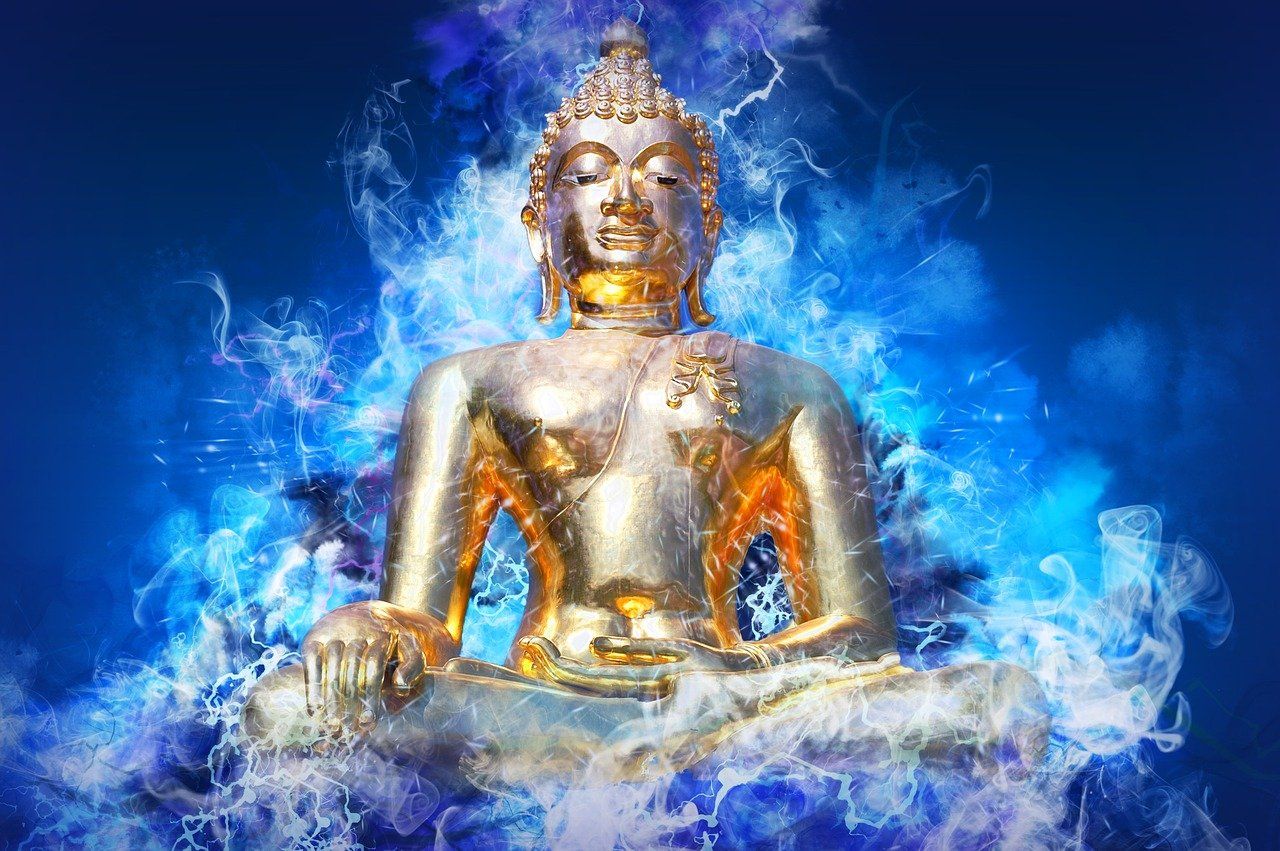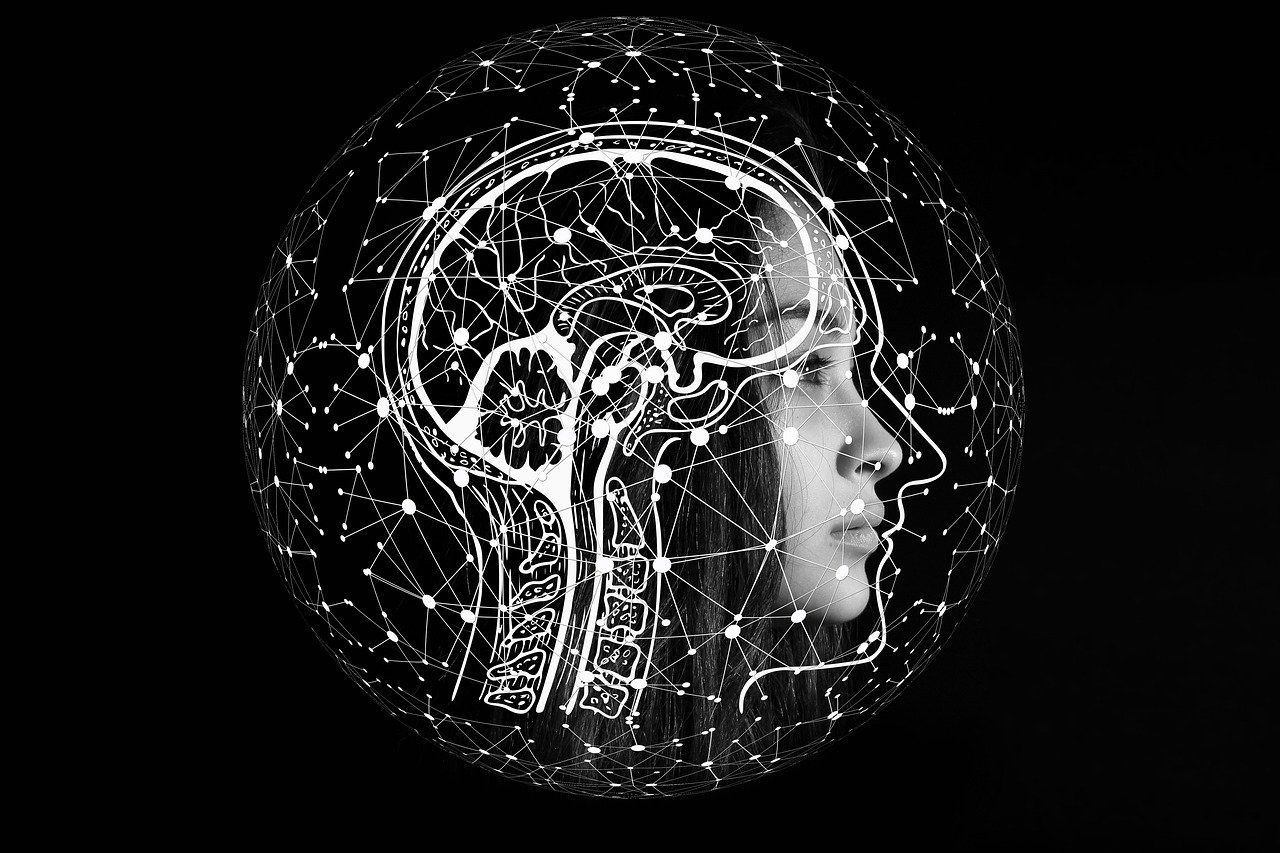4 Ways To Use Facebook As A Meditation Practice
Facebook is the most popular social media in the world with over one billion users. It’s easy to criticise Facebook as a mind numbing activity of arguments, opinions and pictures of what people are eating, but there is another way; the way of meditation. I have been caught in arguments and mind numbing scrolling too, but it occurred to me to use Facebook wisely and include it in my spiritual practice.
I recently wrote a blog called the four main practises of Tibetan Buddhismwhere an outline for spiritual development is sketched as a gradual approach to enlightenment. I would like to use those four practices and apply them to something hundreds of millions of people do every day, scroll through Facebook.
If you just leave your spiritual practice on the cushion or just in church you don’t utilise the rest of your time effectively for bringing about deep transformation and self realisation. As one Zen master says spirituality is what you are doing in every moment anything else is a fantasy, and since I spend so much time on Facebook and so many others do too it is reasonable to bring meditation and spiritual practice into this common modern activity.
4 Ways To Use Facebook As A Meditation
1) Mindfulness
Mindfulness has taken on a whole new dimension in modern times that leaves a lot out from its original use, at least from the Buddhist tradition where it originated. Today’s mindfulness is often described as observing the present moment without judgement, but that is just the first step as I talk about in meditation is just the beginning.
The beginning of mindfulness meditation is grounding yourself into a non judgemental awareness, I do this by paying attention to my breath while I am performing my daily activities and also monitoring bodily sensations in an open way. This helps to calm the mind and bring some space into any event, but space for what? If you just work at detaching more and more regressing into a neutral observer you will ‘zombify’ yourself or even use it to escape from uncomfortable suffering and thereby desensitise yourself from others suffering too. Or you can use the space created through open awareness to engage in the moment in a way that is congruent with your values.
On Facebook you can learn to consume and participate with information in a mindful way. Firstly by trying to include awareness of breathing. Try it right now. As you’re reading this also just watch how the breath is moving in and out, or even take a deep slow breath to activate some calmness. Notice the effects it has and the space it opens of in your being and also bring some awareness to your body and it’s posture.
Now you are ready to mindfully engage. Part of the basic ethic of traditional Buddhism is to use mindfulness as a means to move away from non virtue and move toward virtue. Non virtues are states of mind like anger, jealousy and selfishness. Virtues are states of mind like love, compassion, intelligence and patience. So you can mindfully choose which posts you open with awareness of how they effect you. Will they increase your anger and resentment or stimulate virtue and inspiration?
Try to instead of mindlessly scrolling you can go to a Facebook page for a particular purpose. It’s ok to use Facebook to laugh and have fun. Go to the funny cat pages or the cute animal stories, but do it intentionally. Choose to go to a trusted and reliable news source to raise your awareness of current events. Or reconnect with a friend by sending some love. The key thing is to do it intentionally and mindfully by choosing what you look at and choosing what you scroll past with the awareness of how it effects you personally.
Buddha taught to use mindfulness to help engage in positive actions, positive speech and even positive livelihood. One way you can be virtues when you post or respond on Facebook is to ask yourself before you say anything:
“If you propose to speak [post], always ask yourself, is it true, is it necessary, is it kind.” ~ Buddha
Just like we have so many thoughts through-out the day it’s the role of mindfulness to create the space to choose which thoughts to feed and which to starve of your attention. Buddha advised to feed the positive thoughts and starve the negative. The results are immediate and powerful.
Another mindfulness trick or hack is to be aware of the environment around you at the same time you are on Facebook. If you’ve ever tried to get someone’s attention who is lost in their phones you know people get completely consumed by digital media. Try and keep a fraction of your attention for some situational awareness , be aware of where you are and what’s going on around you.
Being mindful is also paying attention to how much time you spend on Facebook, be aware of hours slipping away when you could be doing something else like exercise, play or even some sitting in meditation. At the end of the day Facebook is a blank slate with nearly infinite potential, just like life, it’s up to us to consciously and mindfully engage with it in a positive and inspiring way.
2) Love and Compassion
As we learn to bring mindfulness, intentionality and purpose into our Facebook use we can then have the space to always choose love. Sometimes it’s wiser to be kind instead of right. This is especially pertinent on Facebook where so many people are have different opinions.
The first thing is to understand completely is how powerful love and compassion are for transforming suffering, bringing peace, health and happiness. There is lots of scientific research that proves as much. Once you are convinced of the mental, emotional, physical and spiritual benefits of love and compassion it’s time to put it into practice. A powerful meditation for transforming suffering into love and compassion is a Tibetan Buddhist meditation called Tonglen where you actually imagine you breathe in the suffering of others taking it away from them and then send light and love back out in return. This is a powerful practice which goes against our usual tendency to avoid suffering. It takes courage and has remarkable results on your entire being.
As we scroll through Facebook mindful of our breath and intentionally consuming information we can pause on a tragedy and open our hearts, cry a tear before we move on. Soften yourself to the hardships people are facing, open your heart to the strangers parading in front of your eyes and send streams of love directly from your heart to places in the world that need it. Believe it or not this can actually have an effect on people around the world through our deep connection through a unified conscious field of energy.
At very least you will reap the benefits of developing loving kindness and compassion and all the benefits of having empathy and being sensitive to others. As the Dalai Lama has said if you want to be selfish be wisely selfish by thinking of others first because this brings enormous benefits to your own heart and mind.
Next time you see an angry friend on Facebook reach out with a personal message and ask how they are going and if they are ok. Offer an ear that listens and a heart that cares.
On the bases of mindfulness we can choose to respond with kindness and understanding of others opinions. There has never been anything like Facebook in the history of humanity and it’s a unique opportunity to develop your communication skills. Sure you can be loud, opinionated and righteous but you can also be diplomatic, empathetic and show loving kindness and support for others at every turn. Choose to raise the vibration, increase the compassion and be a bigger person by not taking things personally and try to follow this wise advice:
“People who are the hardest ones to love often need it the most.”
3) Transformation
Transformation is an effective way to use the raw emotion that Facebook can evoke and transform it into something positive and enlightening. The idea of transformation is an ancient one found in Tantric teachings, alchemy and magic. Hate can be turned into love, ignorance changed to wisdom and lust purified into inner bliss and freedom.
Let the hate stop with you. When you feel angry you can easily react with harsh words back or you can transform the emotion into understanding, empathy and stop the cycle of violence by responding with kindness. This is where mindfulness is essential to catch yourself before you react angrily and instead use a conscious moment to transform the anger into kindness.
Through Tantric practice when you see an image on Facebook that evokes a response of sexual arousal, use that raw energy and breathe it up from the lower chakras into the higher chakras of the heart, creativity and intuition. The lust becomes a powerful fuel that transmutes into feelings of connectivity, love and spiritual bliss.
Next time you feel stupid because you don’t understand the electoral process, political negotiations or world events, take a moment to do some research from several different sources and educate yourself. Self directed education can be very rewarding and inspiring and with all the information at your finger tips ignorance these days is a choice. Be sure to look at both sides of the debate which encourages an open and intelligent mind willing to entertain the complexities of any situation. Don’t make your mind up too quickly and look at it from all angles. In this way you can transform ignorance into intelligence and wisdom.
Nearly every emotion can be recognised, channelled and transformed into understanding, love, bliss and wisdom. It takes practice and the initial mindfulness to create the space to engage in the transformation but it is worth it and turns Facebook into a powerful tool for enlightenment.
4) Self Enquiry
This is one of my favourites. Self enquiry is a direct inner exploration looking for the quality or nature of the person or self. Who am I? is perhaps one of the most important spiritual questions we can ask ourselves. Finding the real self or at least the real illusion of our imagined self is the final goal of many ancient spiritual traditions.
Self enquiry can be done sitting quietly in a special place but like all the meditations suggested in this blog it can also be done on the go while your on Facebook. As I emphasised above mindfulness is the beginning and foundation of all the practices, noticing your breath, gaining some perspective and opening an inner space with infinite choices available.
As you scroll down your news feed ask yourself the simple question – who is scrolling? is it your fingers? is it your mind? or is it something else? If it’s my fingers, whose fingers exactly? do ‘my’ fingers belong to some other inner entity that controls them? or if you respond with ‘my mind’. Whose mind? who is the one watching the mind? who is the one aware of thoughts? The key to self enquiry is the enquiring. Once we pose a question to ourselves our attention moves toward answering the question and solving the problem. We can use this mechanism in introspection which can blow wide open our assumptions and send us plummeting into a whole new dimension.
Often this level of enquiry completely silences the mind. When we ask who is scrolling the answer may come back I am, but then the next question is; who is this ‘I’? When a deafening silence comes over you try and take a moment to rest in the silence, dwell on it and immerse yourself into it. In Tibetan Buddhism there is a saying when it comes to self enquiry the best thing you can find is nothing. It is this inner emptiness, an inner void so full of presence and a sense of identity yet so spacious and boundless; so undefinable and also unfindable with our normal perceptions.
You can even use ‘ bi-directional awareness ‘. This is a technique where you direct your attention both inwardly and outwardly at the same time. It takes a bit of practice but once you have enquired within and found only open spaces and clear awareness you can keep a fraction of your attention on that inner awareness as you read and scroll around Facebook.
So next time you’re scrolling on Facebook try some of the meditation techniques listed above. Use your time wisely and maybe, just maybe Facebook can become the path to enlightenment.
Written by Chad Foreman
Chad Foreman is the founder of The Way of Meditation, has been teaching meditation since 2003, determined to bring authentic meditation practices into the lives of millions of people in the modern world. Chad is a former Buddhist monk who spent 6 years living in a retreat hut studying and practicing meditation full time and has now has over twenty years’ experience teaching meditation. Chad holds regular
Meditation Retreats on the Sunshine Coast Australia, has
Online Meditation Coaching, delivers three online programs - The 21 Day Meditation Challenge to help guide people gradually from the basics of mindfulness and relaxation to profound states of awareness.
Breath-work to help manage stress and go deeper into meditation and
The Bliss of Inner Fire which is a Buddhist tantric method for purifying energy blocks and contacting the clear light of bliss. You can also now get Chad's free e-book Insights Along the Way.
Get A FREE
Guided Meditation Series
with Chad Foreman
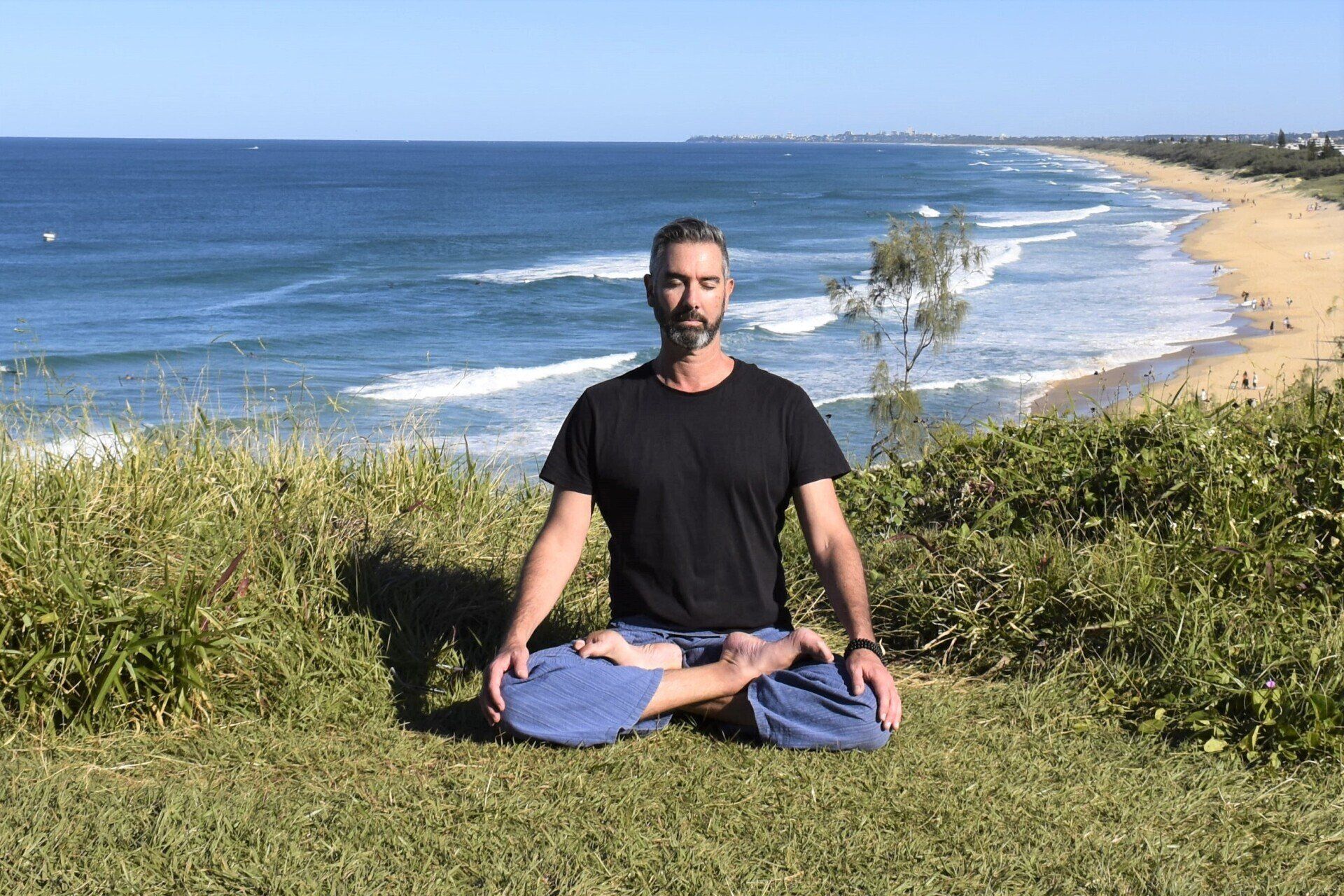
TAKE THE NEXT STEP
Take The 21 Day Meditation Challenge
Get A FREE Series
of Guided Meditations
with Chad Foreman
Email: chad@thewayofmeditation.com.au
The Way Of Meditation
Site Map
The Way Of Meditation




